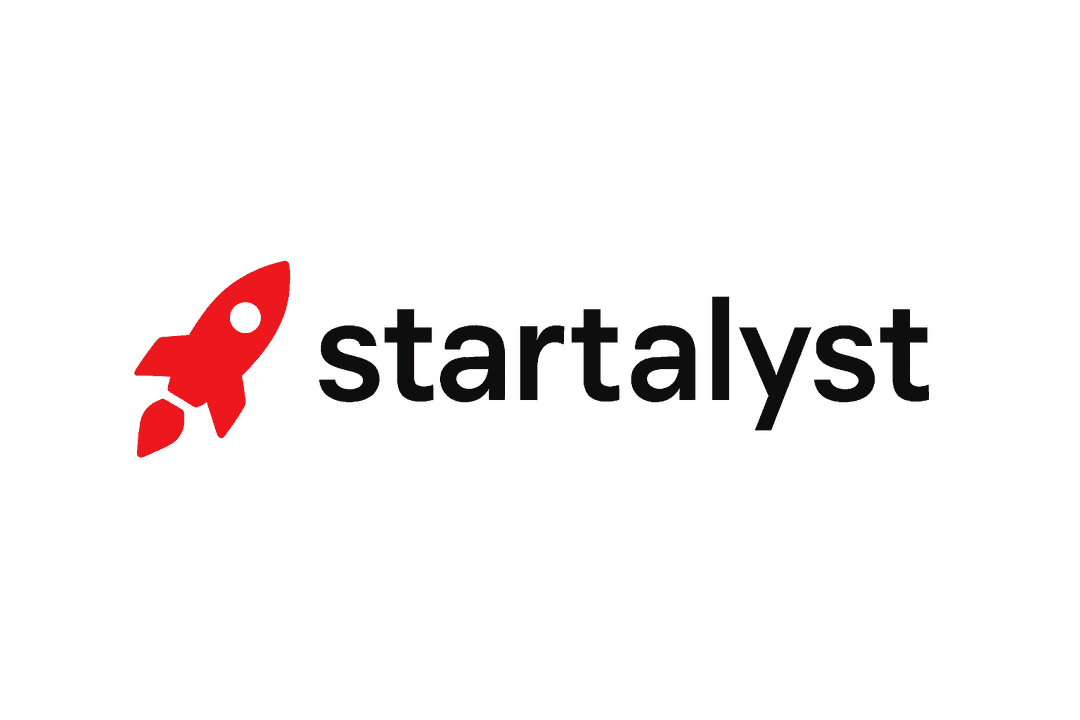Catering Business Ideas Starter Guide
How to Get the Best Results
Start by matching one clear catering business idea to your strongest skill and a realistic budget. Narrowing to a niche — for example corporate boxed lunches, intimate private dinners, or small-event hors d'oeuvres — makes marketing and operations simpler.
Test quickly with one paying gig, collect feedback, and use low-cost channels like Instagram, local Facebook groups, and farmers markets to find repeat customers. Track gross margins per client so you can scale the catering business ideas that actually make money.
Step 1 — Who are you?
Pick the background that most closely describes your experience so you choose catering business ideas that match what you already do well.
- Former restaurant line cook — speed cooking — You can deliver consistent quality for high-volume corporate lunches while keeping labor costs low.
- Home baker with food safety training — dessert crafting — You can specialize in wedding and event desserts that carry high per-item margins.
- Dietitian or nutrition coach — menu customization — You can target health-conscious clients with tailored menus for corporate wellness programs and family meal plans.
- Event coordinator — logistics — You can bundle food with staffing and setup services for small weddings and pop-up dinners.
- Personal chef for families — meal prep — You can offer weekly subscription catering business ideas for busy households and small offices.
- Food truck operator — mobile service — You can move into event catering for festivals and private parties with minimal additional equipment.
- Community volunteer cook — cost control — You can run budget-friendly catering packages for nonprofit fundraisers that build referrals.
Step 2 — Add interests & skills
Choose interests and skills you enjoy; they determine which catering business ideas will keep you motivated and profitable.
- Seasonal menus You can design rotating offerings that use local produce and appeal to event planners seeking variety.
- Plant-based cooking You can capture a growing market by creating vegan catering packages for corporate and social events.
- BBQ and smoked meats You can stand out at outdoor events and backyard parties with signature smoked items sold by portion.
- Ethnic cuisine You can attract niche communities and themed events by offering authentic regional menus.
- Pickup only You can reduce delivery costs by focusing on pickup windows for office lunches and family meals.
- Buffet setup You can serve larger groups efficiently by designing self-serve stations with clear portioning.
- Plated service You can command higher prices for small formal dinners and tasting menus.
- Food safety certification You can win institutional contracts and wedding clients who require insured vendors.
- Social media marketing You can build local awareness quickly with targeted ads and event highlights.
- Wholesale sourcing You can increase margins by buying staples in bulk for recurring catering business ideas.
- Allergen-friendly cooking You can serve schools, corporate offices, and families that need nut-free or gluten-free options.
- Pop-up events You can validate new catering ideas fast by testing them at markets and collaborative dinners.
Step 3 — Set available capital
Decide how much you can realistically invest before picking a catering business idea. The right initial spend reduces risk and speeds up learning.
- ≤$200 Start with catering business ideas that require only portable gear and ingredients, such as boxed lunches, dessert platters, or pickup meal kits promoted through social channels and local bulletin boards.
- $200–$1000 Use this range to buy targeted equipment like quality transport containers, a basic buffet server, and local permits so you can offer drop-off catering, small event plated meals, or weekend pop-ups.
- $1000+ Invest here if you plan to scale into full-service events with staff, a mobile setup, or a small commercial kitchen rental; this capital supports higher-ticket catering business ideas like weddings and corporate annual events.
Step 4 — Choose weekly hours
Match your available hours to business models that actually work on that schedule.
- 5–10 hours You can focus on weekend pop-ups, curated brunch boxes, or subscription meal prep that requires limited daily prep time.
- 10–20 hours You can handle multiple small events, corporate lunch deliveries, or a steady roster of private dinners with regular marketing.
- 20+ hours You can pursue larger contracts, full-service event catering, and scaled operations that require staff scheduling and supplier management.
Interpreting your results
- Match your chosen background, skills, budget, and hours to a shortlist of 2–3 catering business ideas you can launch and test in the next 30 days.
- Prioritize ideas that need one new thing to get started, such as a permit, a chilled transport box, or a single small staff hire. Quick wins validate demand and inform pricing.
- Measure each trial by lead time, food cost percentage, labor hours, and client feedback. Use those metrics to drop unprofitable offerings and double down on repeatable packages.
- Market through targeted channels: pitch corporate offices by email and LinkedIn, reach families through neighborhood social groups, and test concepts at farmers markets or pop-up dinners to build a local following.
- Plan to iterate every month—adjust menus, portion sizes, and delivery radius based on real orders rather than assumptions.
Use the generator above to combine your choices and produce a short list of actionable catering business ideas you can test this month.
